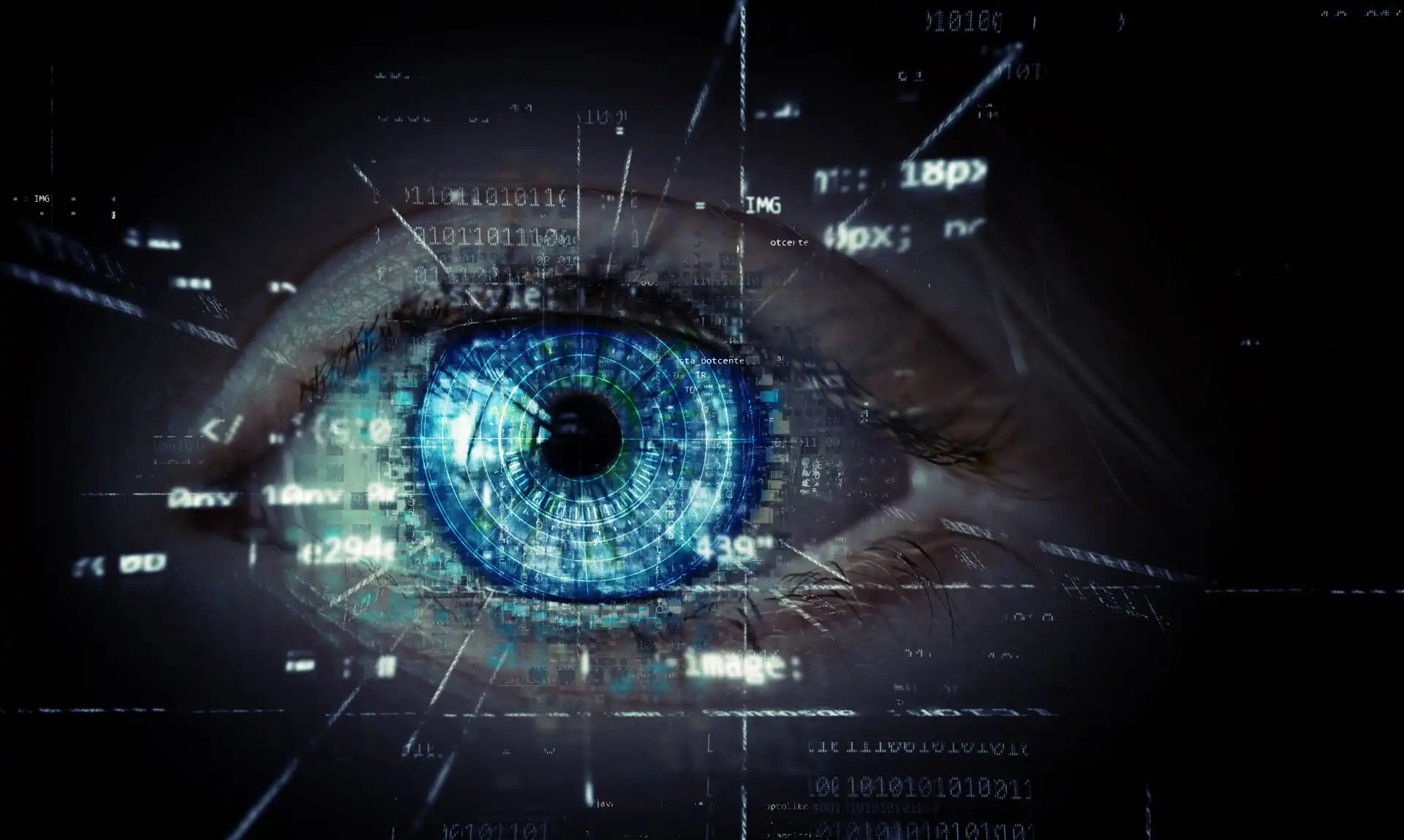The Exciting Capabilities of The Rumored Quest Pro
Contributing significant advancements in virtual reality (VR), the rumored Quest Pro from Facebook could be integrating tracking capabilities for both facial and tongue movements. This implementation brings users closer to their virtual experiences by providing realistic expressions and responses. Facial tracking, in particular, is poised to benefit social VR platforms significantly, enabling more expressive and engaging interactions.
With this technology, real-time human emotion tracking is possible, making it much easier to interpret virtual facial expressions. Tongue tracking could potentially provide users with the ability to express themselves in a significantly broader and nuanced manner. Zoom meetings might soon be replaced with VR interactions affording realistic human connection.

Considering Facebook's continual strive to better its VR technology, it's no surprise they might be considering these innovations. The company has already confirmed that they're testing eye movement tracking, face, and mouth detection technology.
The boundary of VR technology is continuously expanding as future versions of Oculus may include these technologies. It could be argued these developments are Facebook's most ambitious VR steps yet.
Understanding Oculus' Integration of Facial and Tongue Tracking
It's a widely accepted belief that Pro simply refers to an advanced version of Oculus' original Quest headset. The tracking technology in the rumored Quest Pro could reportedly detect a user's facial expressions and soon, capturing emotions in the VR world might become a reality. The realistic translation of expressions is expected to significantly enhance social VR platforms, possibly redefining virtual social interactions.
By extending tracking technology to the tongue, Facebook could potentially telegraph an unprecedented range of user emotions in the VR world. This is an area of VR development that hasn't yet been widely explored and could give Facebook a distinctive edge in the virtual reality market.
Previous patents by Facebook display potential designs and functionalities for these tracking features. It's speculated that infrared projectors and cameras would be the primary tech to capture movements of the user's mouth and face accurately. Facial readings could then be aligned with pre-rendered expressions to provide the most accurate representation of user emotion.
Current technology allows some form of eye tracking, allowing Oculus software to adjust visuals based on where the user's gaze is directed. The speculated face and tongue tracking technology is expected to function similarly, creating an even more immersive VR experience.
Benefiting Social VR Platforms
Social VR platforms are one of the significant areas that could greatly benefit from the development of these features. Currently, they are based on avatars that only offer limited non-verbal expressions. The projected technology would allow users to express feelings and reactions more genuinely and in real-time on platforms like Horizon Workrooms on Facebook.
However, these advancements are not just limited to social platforms. They could also add considerable value in areas like teleconferencing, gaming, and education. For instance, detailed expressions could be used in educational VR applications to provide more interactive and engaging virtual classrooms.
A new dimension is added to game designs and narratives with the incorporation of face and tongue tracking. Users would be able to interact with the game in real-time using their emotions, creating a gaming experience that is more intuitive and immersive than ever before.
Teleconferencing stands to gain significantly from this technology. The difference is stark when comparing communication through traditional mediums and communication where subtle changes in expression can be distinctly conveyed.
The Potential Challenges and Limitations
While the possibilities and potential applications of face and tongue tracking technology seem vast, the implementation comes with its challenges. For instance, technical difficulties may arise in accurately capturing and processing the complexity of human facial expressions. Moreover, users could potentially find VR realism unsettling or uncomfortable at high levels of precision.
Such complications could be exacerbated when considering the prospect of tongue tracking. The movements and articulations of the tongue are considerably more subtle and intricate than many facial movements, presenting a higher level of challenge. Rendering these movements accurately in real-time may prove to be technically demanding.
There are also implications from a privacy aspect to consider. Users may have reservations about how companies might collect, use, and store the detailed facial and tongue movement data that these features would inevitably produce.
Despite these hurdles, Facebook's evident commitment to building the future of VR technology is encouraging. Addressing these challenges wisely is crucial in ensuring commercially and socially successful applications of face and tongue tracking.